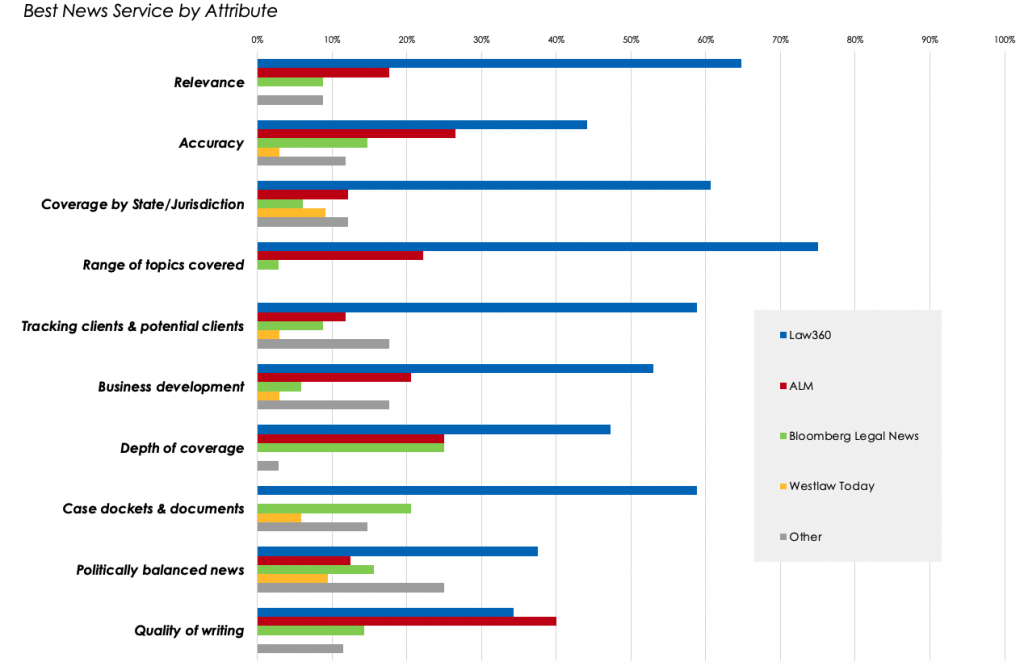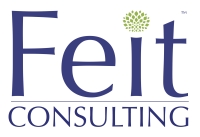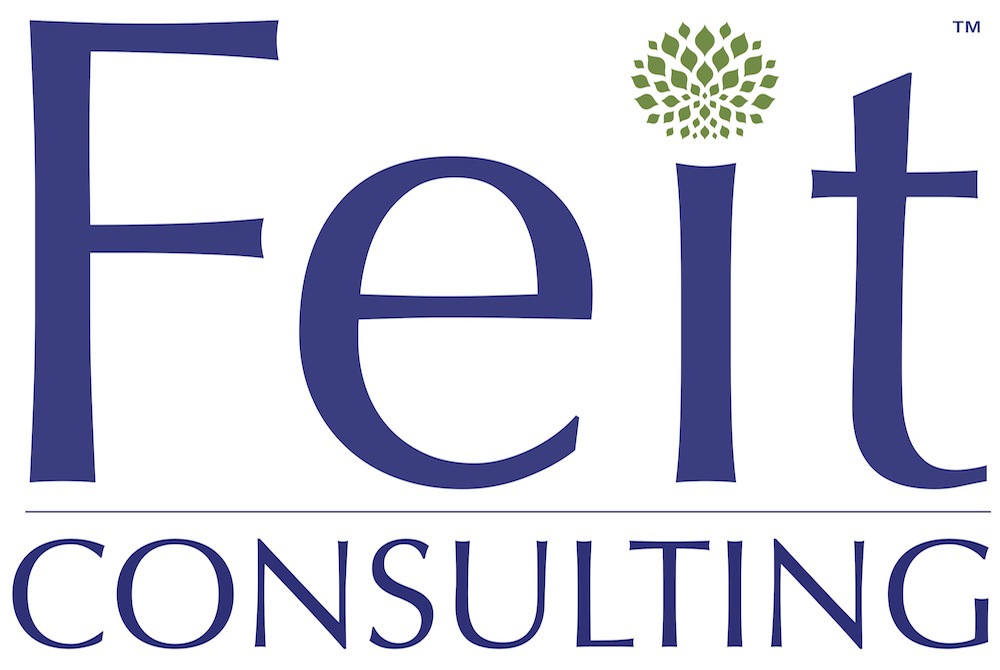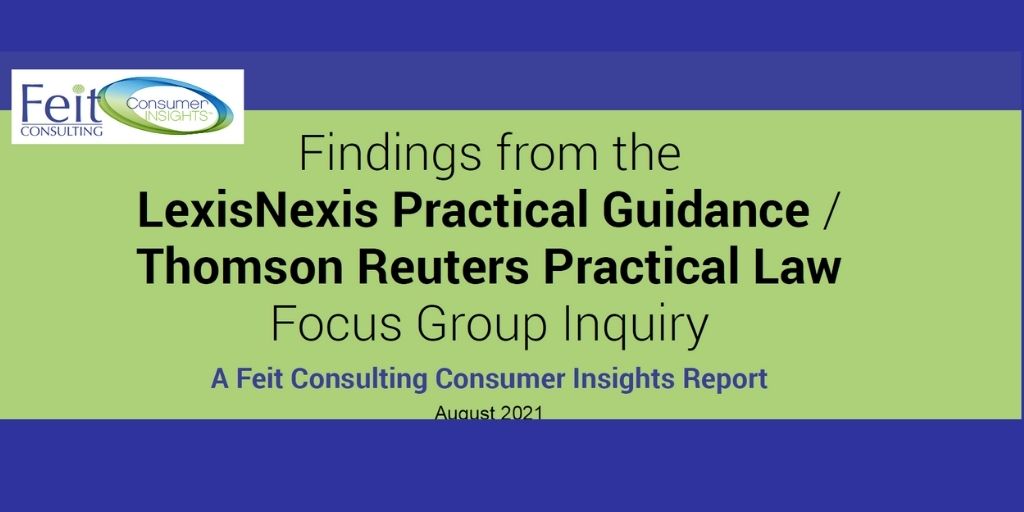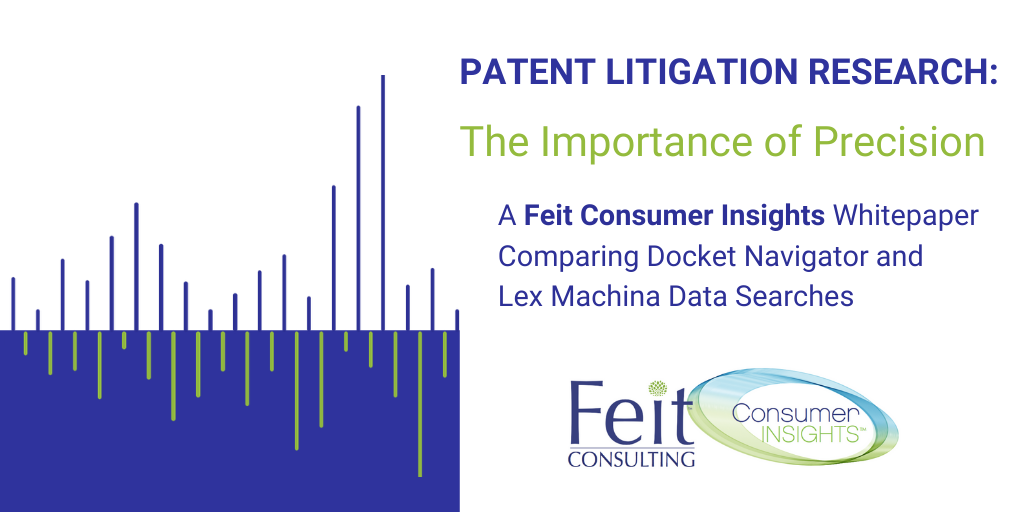By
— Jean O’Grady interviewed Michael Feit for Above the Law
|
Feit Consulting
Jean O’Grady interviewed Michael Feit for Above the Law on September 29, 2020. That article appears below.
Last month, Feit Consulting released a new report on the state of the market for major legal vendors Thomson Reuters. LexisNexis, Bloomberg Law, and Wolters Kluwer. Over the past 30 years, what was once known as the Computer Assisted Legal Research (CALR) market has been dramatically transformed by the integration of workflow, drafting, brief analysis, and analytics tools into knowledge-enabled insight platforms.
My interview with Michael Feit, founder of Feit Consulting, reveals how major legal information vendors have failed to adjust their pricing models to reflect the collapse of cost recovery following the Great Recession of 2008, when law firms faced a buyers’ market and CALR costs became almost 100% overhead.
According to Feit, the response of the two dominant players, Lexis and Westlaw, was to protect their revenue by eliminating “all usage-based pricing and published retail rates. From that point on, pricing from Lexis and Westlaw went rogue.”
As law librarians and knowledge managers prepare their firms’ post-pandemic budgets, Feit has shared insights and negotiation strategies in the interview that follows.
JO: How long have you been in the legal publishing industry?
MF: 30 years. (Wow!) I started my career working at Westlaw. I loved the experience. During the ’90s, it was so exciting and interesting being part of the paradigm shift in legal research from print to online. I finished the decade with Westlaw as Director of Large Law Firm Strategy. In that position, I could see the wide discrepancies in pricing already starting to emerge in the market, and I was advocating for a return to transparency. That is what prompted me to start consulting. I did not like clients being taken advantage of because they did not know the benefits other firms had achieved.
JO: How long have you been a consultant?
MF: I started consulting 20 years ago. I never thought the need for legal information consulting would endure this long. My expectation was that, eventually, pricing would have normalized and therefore need for consultants would diminish. Instead, pricing just got murkier.
JO: What has been the most positive change in the legal publishing industry?
MF: There [have been] many market-changing products emerging from new vendors and start-ups (such as Practical Law, Law360, Intelligize, Ravel, Casetext, Docket Navigator, etc.). Unfortunately, they are often acquired by larger vendors. It would be better for consumers if these new products could survive independently, but that isn’t the nature of the beast in this highly consolidated market.
JO: What is the worst trend that has a negative impact on law firm consumers?
MF: Ironically, since I benefit from it, the worst trend for law firm consumers has been secretive pricing. The need for consultants is largely due to the lack of transparent pricing. Secretive pricing truly hit its stride when the recession hit in 2008. Up until then, more than 90% of law firms had contracts with both Westlaw and Lexis. Law firms were able to afford to have both vendors as roughly 80% of online costs were being passed through to clients.
With the recession raging, firms looking to reduce costs started to only renew with one primary/preferred vendor and using the second one on a transactional basis, as a back-up. In response, to protect their revenue, Lexis and Westlaw decided to eliminate all usage-based pricing and published retail rates. From that point on, pricing from Lexis and Westlaw went rogue. Today, from firm to firm, prices for virtually all of Westlaw and Lexis products vary in an irrational way. Lexis, Westlaw, and, more recently, Bloomberg do not have price plans that can reasonably articulate how they arrive at pricing. This dynamic has had a very negative impact on law firm-vendor trust.
JO: Tell me about the timing of this year’s survey. Did you take advantage of the COVID disruptions to check the pulse of the market — or was it lucky timing?
MF: Both really. We usually field the survey in the first quarter of the year, but it became clear early on that 2020 would be a different kind of year. As COVID forced shutdowns everywhere and anxiety was peaking, we thought it best to let the dust settle a little. By early summer it had become clear that many of the adjustments lawyers and their firms made in response to the pandemic would be long-lasting, if not permanent. Postponing the survey by just a few months allowed us to ask questions to capture those changes and trends.
JO: What surprised you most about the survey results?
MF: I had expected to see a large number of firms who still had contracts with both Westlaw and Lexis looking to cancel one of these in their next cycle. I expected that more firms would be planning to cancel Westlaw — because it is so much more costly than Lexis. I was surprised the survey results showed that, instead, there are four times as many firms considering the cancellation of Lexis than Westlaw. Another interesting surprise was the endurance of print at law firms. The survey showed that pre-COVID, print still represented 18% of the average law firm’s legal information budget.
JO: What is the most important takeaway in planning budgets for the next three years?
MF: Everyone should use this moment to evolve past print and make sure there is a strategy to actually recoup some of the 18% spent on print. Also, try to avoid long-term contracts wherever possible. The market is too dynamic to lock in any one vendor. If you must lock in long term, make sure you have protective language, such as change of circumstances clauses.
JO: Do you anticipate any dramatic change in the legal information market over the next decade?
MF: The best opportunity for dramatic change would be the emergence of a viable competitor to Westlaw or Lexis; perhaps either Fastcase or Bloomberg. I am hopeful.

